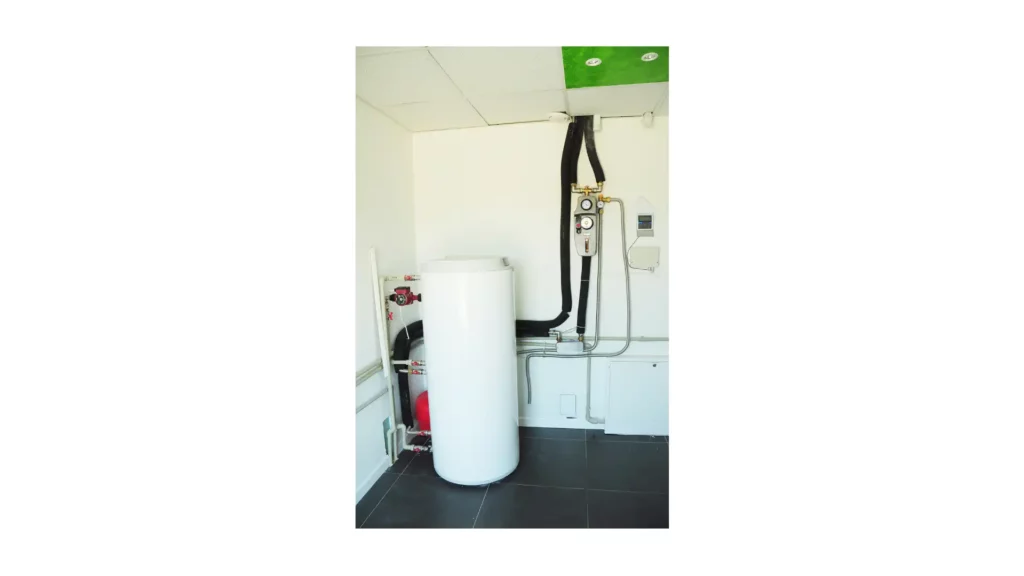In today's eco-conscious world, selecting the most energy efficient hot water heater for your home is not just a matter of reducing your carbon footprint but also of ensuring substantial savings on your energy bills. With a plethora of options available in the market, finding the right one can be a daunting task.
This guide aims to enlighten you about everything you need to know to make an informed decision about the most energy efficient hot water heater for your needs.
Understanding Hot Water Heaters
Before diving into the nuances of energy efficiency, it's crucial to understand the basics of how hot water heaters work.
Essentially, these appliances heat your home's water supply, making it readily available for showers, washing dishes, and other domestic uses.
The main types include traditional storage tank water heaters, tankless (on-demand) water heaters, heat pump water heaters, solar water heaters, and condensing water heaters.
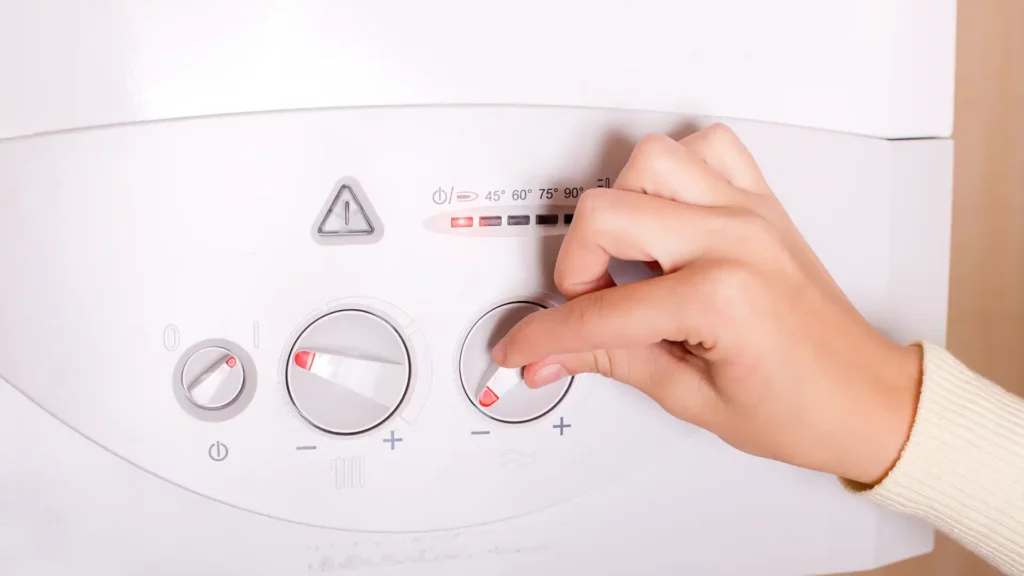
The Importance of the Most Energy Efficient Hot Water Heater
The best hot water heater energy efficient is measured by the energy factor (EF) rating, which indicates the unit's overall efficiency based on the amount of hot water produced per unit of fuel consumed over a typical day.
Opting for the most energy efficient hot water heater not only aligns with environmental sustainability goals but also leads to lower operating costs over the heater's lifespan.
Types of The Best Hot Water Heater Energy Efficient
- Tankless Water Heaters
Tankless water heaters, also known as on-demand water heaters, provide hot water only as needed, eliminating the need to maintain a reservoir of hot water that can lead to standby energy losses.
- Heat Pump Water Heaters
Heat pump water heaters work by transferring heat from the surrounding air to the water, rather than generating heat directly. This process is highly efficient, using up to 60% less energy than traditional electric water heaters.
- Solar Water Heaters
Solar water heaters use the sun's energy to heat water, which is then stored in an insulated tank. While the initial investment is higher, the operating costs are significantly lower, making them a highly energy-efficient option in sunny climates.
- Condensing Water Heaters
Ideal for homes that use natural gas as their primary energy source, condensing water heaters work by capturing exhaust gases that are typically expelled outside, and using them to heat the water in the tank.
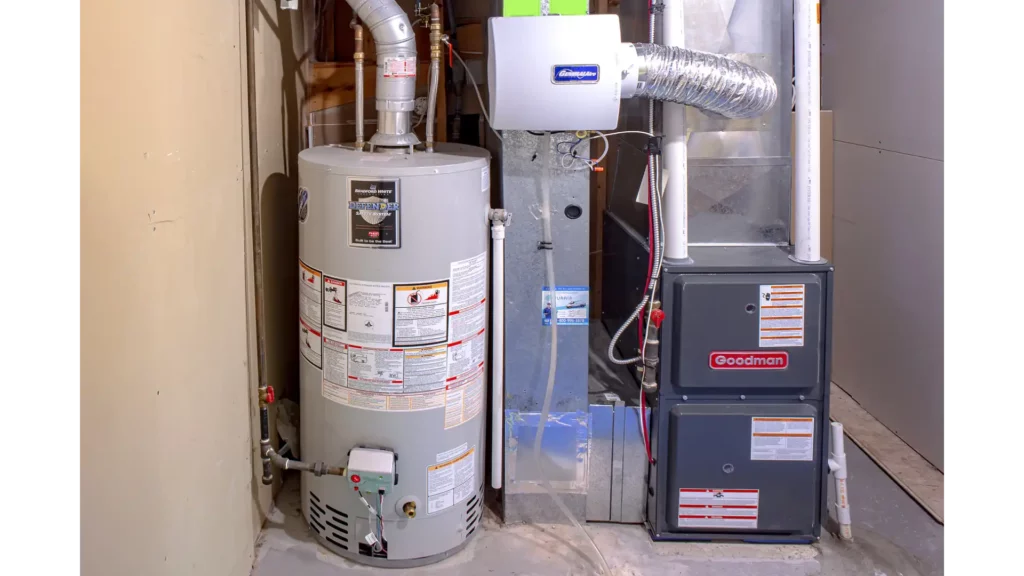
Factors to Consider When Choosing the Most Energy Efficient Hot Water Heater
- Size and Capacity: Choose a hot water heater based on your household's needs. Too small a unit won't meet your hot water demands, while too large a unit will lead to unnecessary energy consumption.
- Energy Factor (EF) Ratings: Look for a water heater with the highest EF rating you can afford, as this is a key indicator of the unit's energy efficiency.
- Fuel Type: Consider the type of fuel available in your area (electric, natural gas, propane, solar) and its cost, as each has different efficiency levels and operating costs.
- Cost: While most energy efficient hot water heaters often have a higher upfront cost, the long-term savings on energy bills can offset this. Consider both the initial investment and the expected savings over time.
- Environmental Impact: Opt for a water heater with a lower environmental impact to not only benefit the planet but also contribute to a healthier living environment both indoors and outdoors.
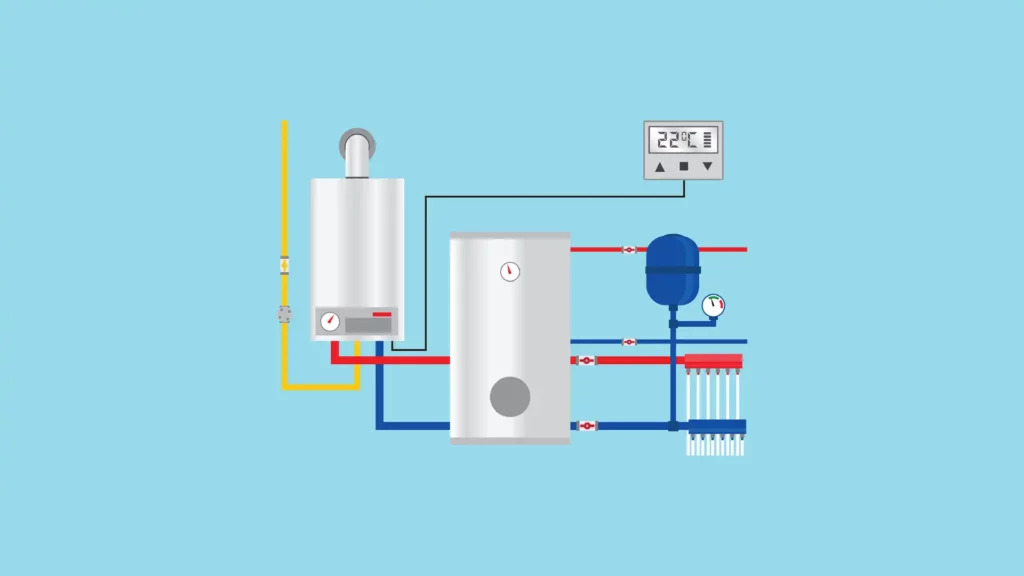
Installation and Maintenance The Most Energy Efficient Hot Water Heater
Proper installation and maintenance are crucial for your hot water heater's performance, efficiency, and lifespan. Ensure it operates at its best by investing in expert installation and ongoing care.
Below, we delve deeper into why professional installation and diligent maintenance are indispensable for the most energy efficient hot water heater.
Professional Installation: The First Step to Efficiency
Choosing the right professional for the installation of your hot water heater cannot be overstated in its importance. A qualified installer ensures that:
- Correct Sizing: They will assess your household's hot water needs accurately, advising on the appropriately sized unit to avoid inefficiencies.
- Optimal Setup: Installation involves complex considerations, including proper venting (for gas heaters), electrical connections, and plumbing. Incorrect installation can lead to operational inefficiencies and even safety hazards.
- Local Compliance: Professionals are familiar with local building codes and regulations, ensuring your installation is compliant, which can affect insurance and resale value.
- Manufacturer's Warranty: Many warranties require professional installation. Failure to comply can void these warranties, leaving you unprotected against potential defects.
Regular Maintenance: Prolonging Efficiency and Lifespan
After your hot water heater is professionally installed, regular maintenance is crucial to maintain its efficiency and extend its lifespan. Key maintenance tasks include:
- Annual Inspections: A qualified technician can identify and rectify issues such as sediment build-up, corrosion, and part wear before they lead to bigger problems.
- Sediment Flushing: Sediment can accumulate in the bottom of tank heaters, reducing efficiency and causing damage. Annual flushing helps maintain optimal performance.
- Temperature and Pressure Relief Valve Testing: This safety feature prevents excessive pressure and temperature buildup. Testing ensures it functions correctly.
- Anode Rod Inspection: The anode rod protects the tank from corrosion. Regular checks and replacement when needed can prevent premature tank failure.
- Heating Element Maintenance: For electric heaters, ensuring the heating elements are free from scale and sediment buildup is essential for maintaining efficiency.
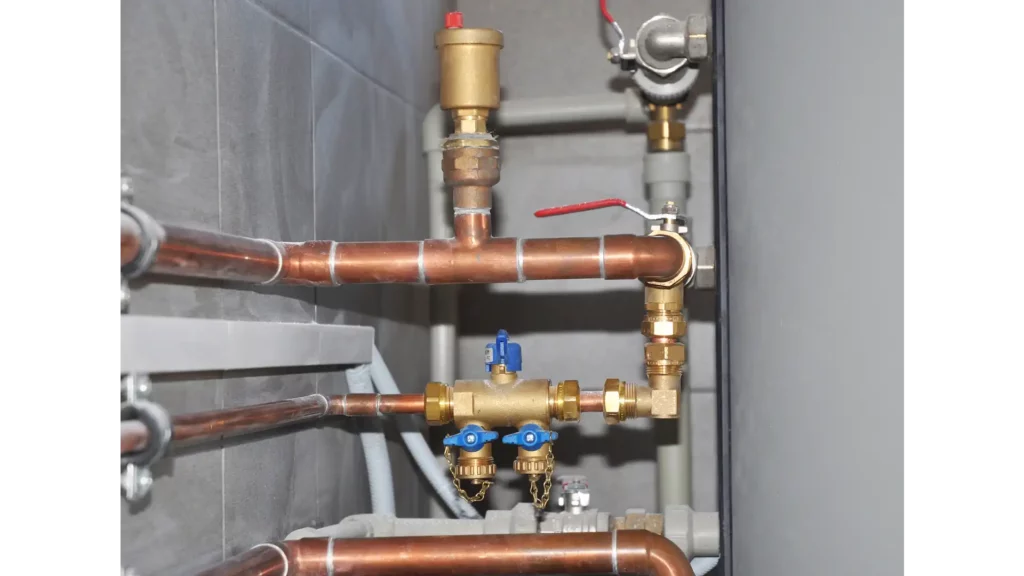
Energy Efficient Ways to Heat Water: Innovative Solutions for Your Home
In the quest for reducing household energy consumption and lowering utility bills, finding energy efficient ways to heat water has become a priority for environmentally conscious homeowners. One of the most effective strategies involves integrating advanced technology and sustainable practices to optimize the heating process.
To cut energy usage and limit carbon emissions, use energy-efficient methods to heat water. Options such as tankless heaters, solar systems, and heat pumps save energy and money.
Choose appliances with high EF ratings and insulate pipes and tanks for even better efficiency. These steps promote sustainability and create a greener home.
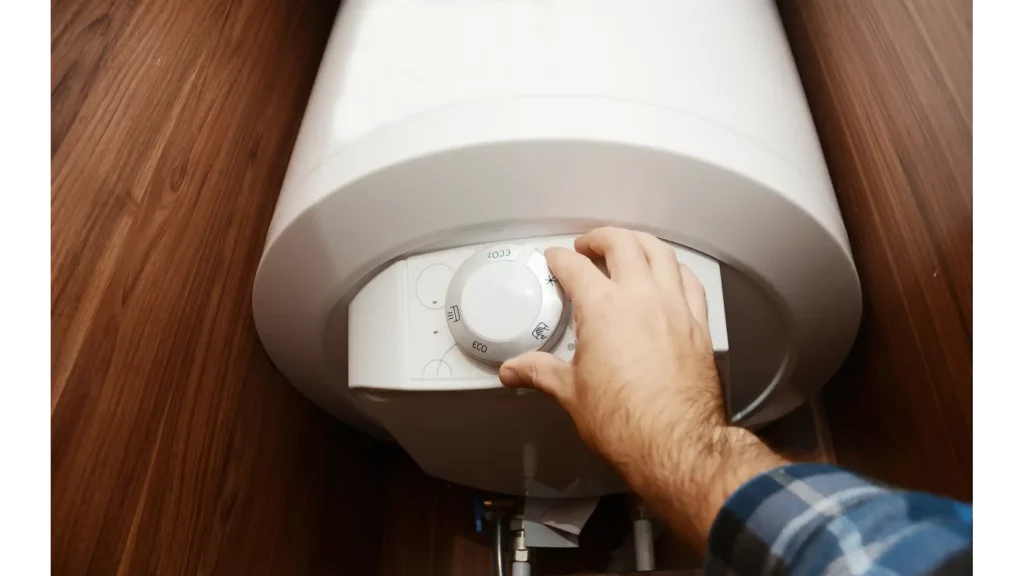
What Defines the Best Energy Efficient Electric Water Heater?
The Best energy efficient electric water heater has a high EF rating, innovative technology for reducing electricity consumption, and features for long-term savings and environmental sustainability.
It uses advanced heating elements, superior insulation, and smart technology to optimize efficiency and minimize heat loss.
Key Features to Look For
When searching for the most energy efficient electric water heater, consider the following features:
- High Energy Factor (EF) Rating: This is the primary measure of the water heater's efficiency. The higher the EF, the more efficient the unit. Look for electric water heaters with the highest EF rating within your budget.
- Advanced Heating Elements: Models equipped with durable, high-efficiency heating elements can heat water faster and more efficiently, reducing energy consumption.
- Superior Insulation: Good insulation reduces standby heat loss—the tendency of the water to cool down, requiring reheating. Look for units with thick, high-quality insulation.
- Smart Technology: Some of the most energy efficient electric water heaters are equipped with smart technology that allows for temperature control and monitoring through a smartphone app, enabling users to optimize their heating schedules and save energy.
- First Hour Rating (FHR): This rating indicates how much hot water the heater can supply per hour at peak usage. A higher FHR means the unit can deliver more hot water efficiently, reducing the need for it to work harder and use more energy.
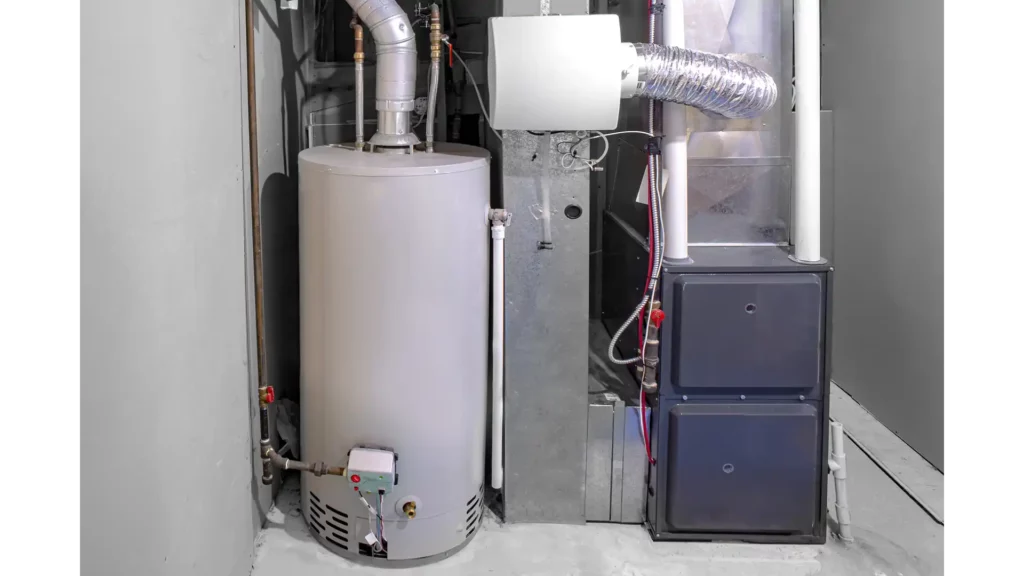
FAQs on Most Energy Efficient Hot Water Heater
What is the best energy efficient water heater?
The best energy efficient water heater is typically one that meets your specific needs in terms of capacity, usage patterns, and available fuel types, while offering the highest energy factor (EF) rating within your budget. Tankless (on-demand) water heaters generally top the list in energy efficiency, followed by heat pump water heaters, solar water heaters, and condensing water heaters.
Which best water heater energy efficient?
Tankless water heaters are often considered the most energy efficient type of water heaters because they heat water directly without the need for a storage tank, reducing energy losses associated with standby heat. They are particularly best water heater energy efficient for homes that consume less than 41 gallons of hot water daily.
What is the most energy efficient electric hot water heater?
The most energy efficient electric hot water heater is typically a heat pump water heater. These units use electricity to move heat from one place to another instead of directly generating heat, making them two to three times more energy efficient than conventional electric resistance water heaters.
What is the most energy efficient water heater?
The most energy efficient water heater could be a solar water heater in regions with ample sunlight. Solar water heaters use solar panels to capture and transfer heat to water, significantly reducing reliance on conventional energy sources. Their efficiency depends on solar availability but can be complemented with a backup system for less sunny days.
What is the best energy efficient hot water heater?
The best energy efficient hot water heater combines high energy efficiency, cost-effectiveness, and suitability for your home's hot water demand. Heat pump water heaters are excellent for electric-powered solutions, offering significant energy savings over standard electric models. For homes using natural gas, condensing water heaters provide great efficiency by utilizing exhaust gases to heat water. Solar water heaters stand out for their minimal operational costs and environmental impact, although they require a higher initial investment.
Most Energy Efficient Hot Water Heater Conclusion
Investing in the most energy efficient hot water heater is a wise decision that pays off in the long run, both financially and environmentally.
By considering the types of water heaters available, understanding the importance of EF ratings, and evaluating your household's specific needs, you can select a unit that offers optimal efficiency and performance.
Remember, the most energy efficient hot water heater not only saves you money but also contributes to a more sustainable future.

